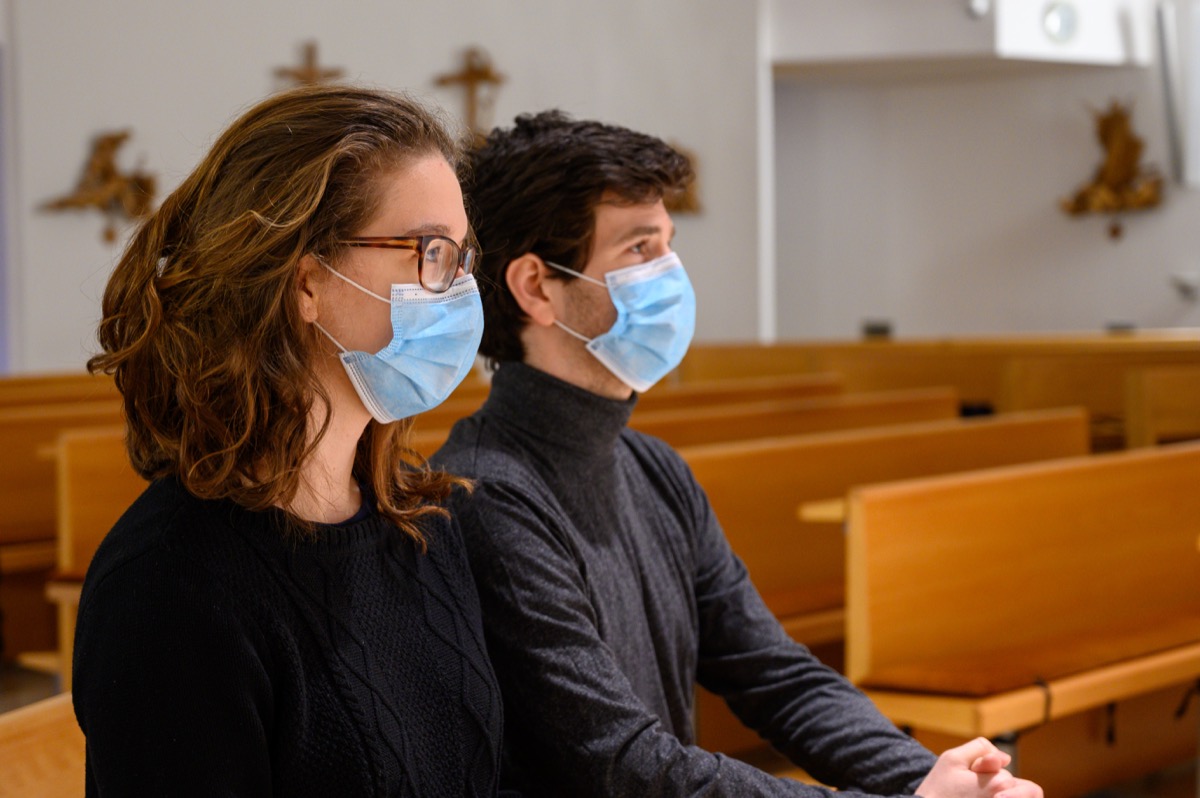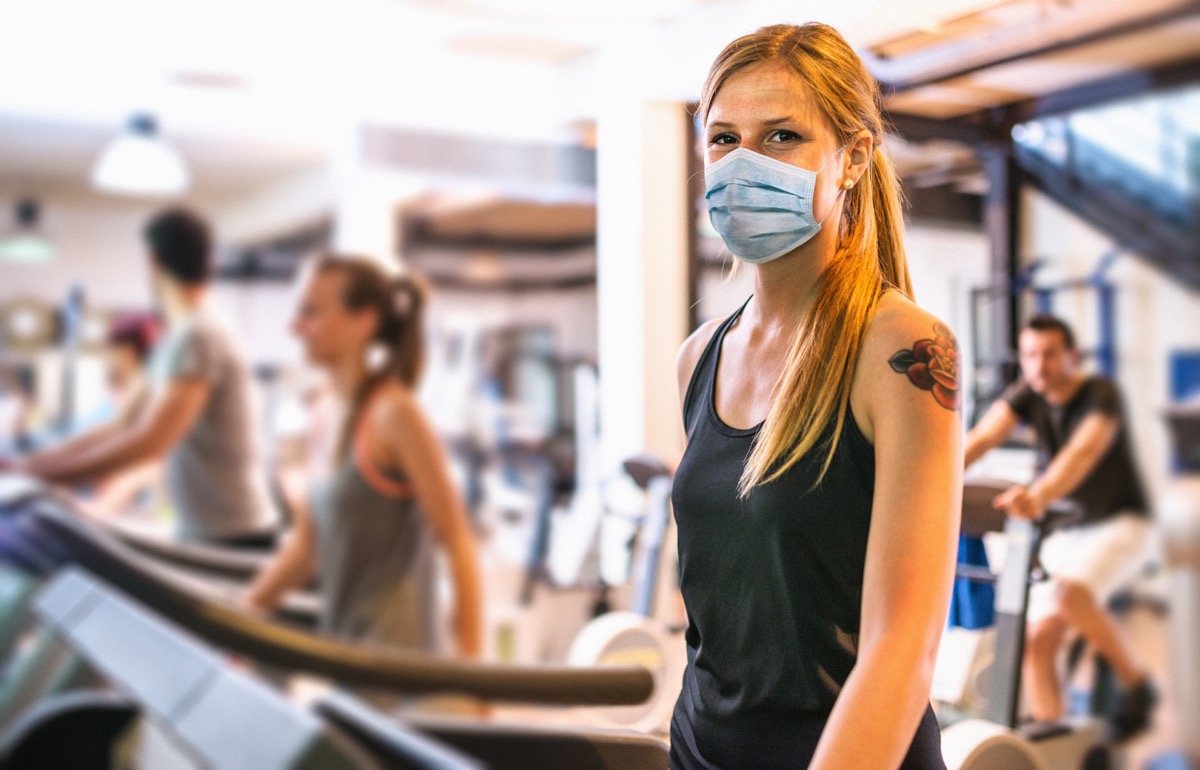During an on-air interview with CBS’s Face the Nation on Nov. 29, Deborah Birx, MD, the coordinator of the White House Coronavirus Task Force, was asked about public health measures that could be put in place to help slow the spread of the novel coronavirus. “If you have high case numbers and you’re seeing increased hospitalizations, the first thing you should do is close spaces where people cannot wear a mask,” she explained. “And we know where that is. That’s bars and indoor restaurants. Reduce capacity if needed [but] you may have to even close them.” While the decision to force businesses to close remains a highly contentious debate and is made on a local or state level, Birx pointed out a success story where forcing the hospitality industry to briefly shutter was successful. “We have seen that that works. That’s what Arizona did,” she pointed out. “And that’s where Arizona got control. Arizona is in the position that they need to be really considering this again, because their case numbers are up where they were in the summer.” But bars and restaurants aren’t the only venues where COVID is likely to spread. Read on to find out which other venues you should avoid, and for more on signs you could be sick, check out If You Have This Symptom, There’s an 80 Percent Chance You Have COVID. Read the original article on Best Life. According to research published in the journal Nature on Nov. 10, which analyzed cellular phone data during the spring in 10 major metro areas, coffee shops provide the kind of atmosphere where friends tend to linger while chatting indoors without masks, greatly increasing the risk of spreading COVID. The recently published study included them among the most likely culprits to be involved in spreading the virus early on in the pandemic. And for more on when it’ll be safe to go out without your face covered, read up on Exactly When Dr. Fauci Says We Can “Throw Our Masks Away.” The study found that infections from hotels peaked around the same time young people were flocking to spring break parties at popular beaches in Florida such as Miami. Not surprisingly, the study also found that those numbers dropped dramatically after stringent lockdown orders went into effect, The Washington Post reports. And for more on the spots you should avoid, consider 4 Places Dr. Fauci Says He Wouldn’t Go Right Now. While it’s an important activity for millions, the act of congregating to worship ranks high on the list of risky activities for a few reasons: It brings people close together indoors who are also often singing. The Nature study authors also point out that houses of worship are disproportionately high-risk venues.ae0fcc31ae342fd3a1346ebb1f342fcb In a supplementary opinion piece also published in Nature, Marc Lipsitch, PhD, and Kevin C. Ma from the Harvard T.H. Chan School of Public Health wrote that “case studies of clusters of infections in locations such as those for indoor choir practice…demonstrate the high risks of poorly ventilated, crowded spaces.” And for more regular coronavirus updates, sign up for our daily newsletter. The pandemic may have created more of an urge for people to sweat out their stress, but unfortunately, the gym was ironically listed in the study as one of the venues most responsible for spreading COVID. And while many are struggling to stay afloat financially, Ma and Lipsitch point out that “time-limited visits to places such as gyms….could be modeled by decreasing the average visit length,” lowering the risk factor for those working out. And for more on how you can tell if you’re already sick, check out This Is the Easiest Way to Tell If You’ve Been Exposed to COVID.



